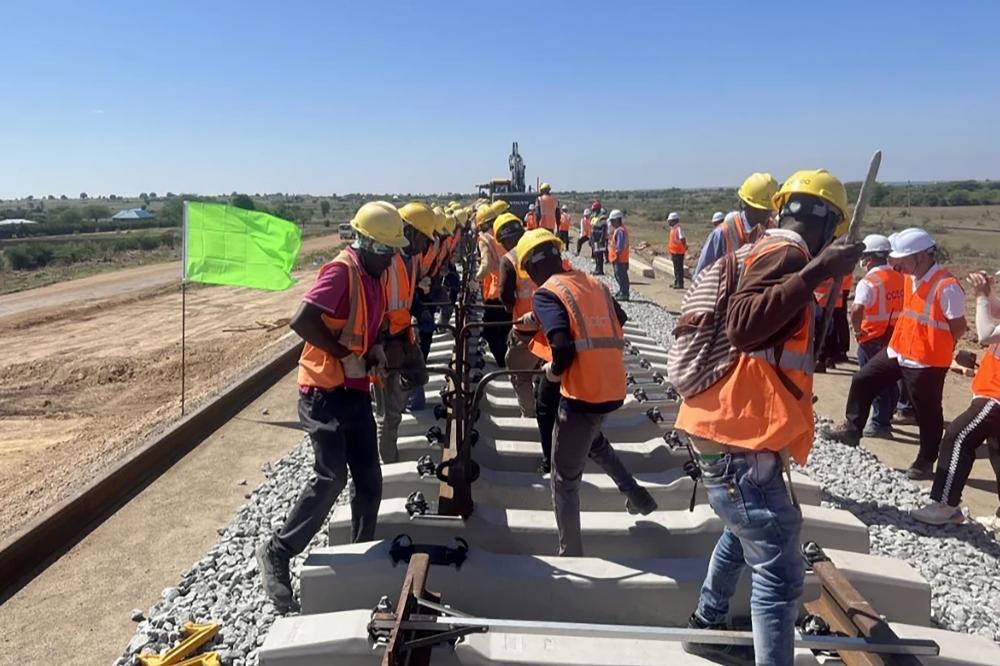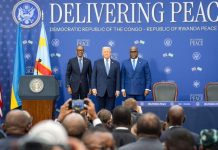Africa-Press – Rwanda. The announcement this past weekend that Tanzania and Rwanda are seeking to bolster their railway and air connectivity marks a timely and strategic move in reshaping the economic landscape of the region.
The truth of the matter is, despite the various protocols in place, without affordable and efficient transport, the promise of regional integration will remain just a promise.
Dar es Salaam is Rwanda’s principal port of entry for goods and a vital artery for the country’s international trade, through the Central Corridor. Yet, for years, the journey from port to destination has been hampered by poor limited alternatives, with high costs and time consuming.
Faced with such a situation, the efforts to extend the Standard Gauge Railway (SGR) and enhance air connectivity between the two countries become an imperative, as this touches the very core of livelihoods.
Efficient transport systems reduce costs for businesses, enhance access to markets, and make everyday goods more affordable for ordinary citizens. For traders and small businesses in Kigali, better railway links mean cheaper imports.
For farmers in rural Rwanda, improved air cargo networks could mean quicker access to foreign markets. For Tanzanian exporters, it means a larger and more accessible Rwandan market. This is economic empowerment in its most practical form.
The bigger picture, however, is continental. Across Africa, high transportation costs remain one of the biggest barriers to intra-African trade. While landmark agreements such as the African Continental Free Trade Area (AfCFTA) and the East African Community (EAC) Customs Union are steps in the right direction, their impact will be stunted unless they are paired with tangible improvements in physical infrastructure.
Trade corridors must be more than policy; they must be paved, connected, and maintained.
Historically, Africa has been more connected to former colonial powers than to itself. Goods can move faster and more cheaply from Europe to African ports than they can between neighbouring African capitals. This must end. If we are to truly integrate our economies and uplift our people, we must confront and overcome the transportation jinx that has held back progress for too long.
The Rwanda-Tanzania initiative is a clear signal of what is possible when vision meets commitment. It is a model that others can emulate. Regional development is not only about diplomatic handshakes and signed agreements; it is about trains that run on time, planes that fly at affordable prices, and roads that connect producers to consumers.
This renewed push for connectivity must be sustained and expanded. The benefits are clear: stronger economies, empowered citizens, and a continent that is finally learning to trade with itself.
Source: The New Times
For More News And Analysis About Rwanda Follow Africa-Press






